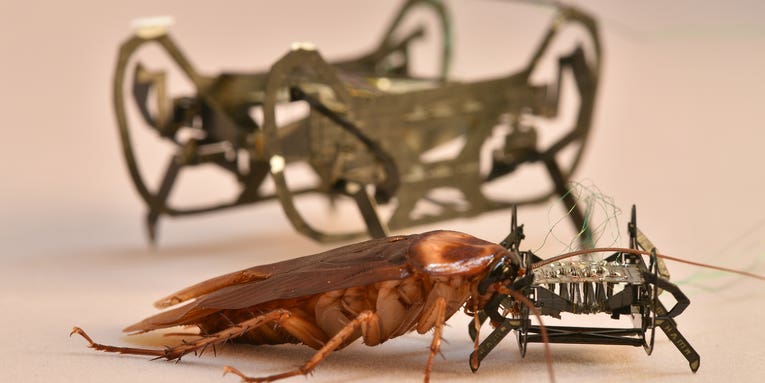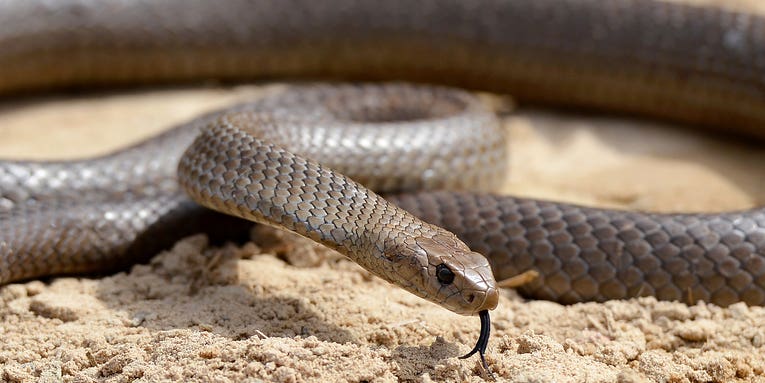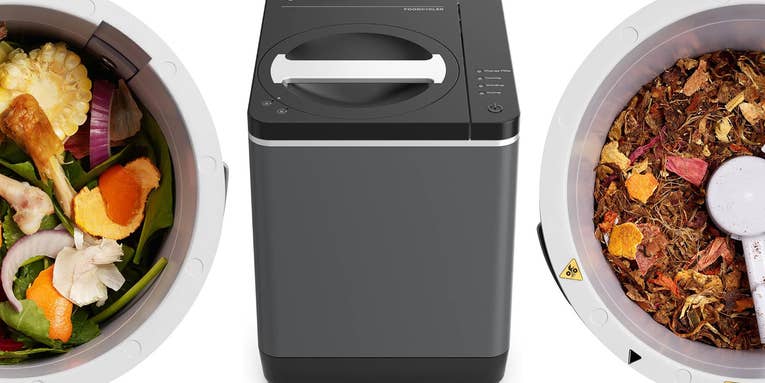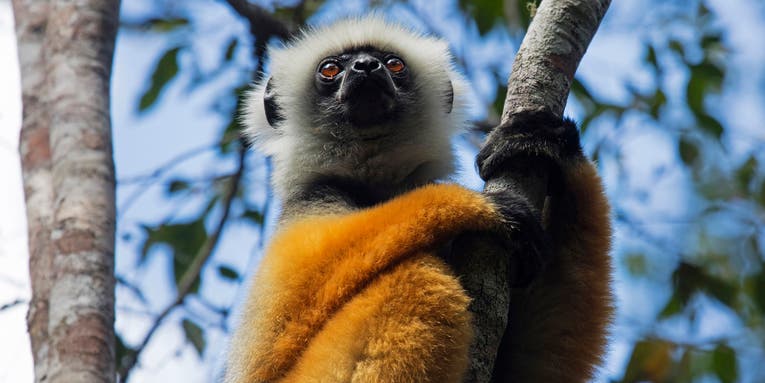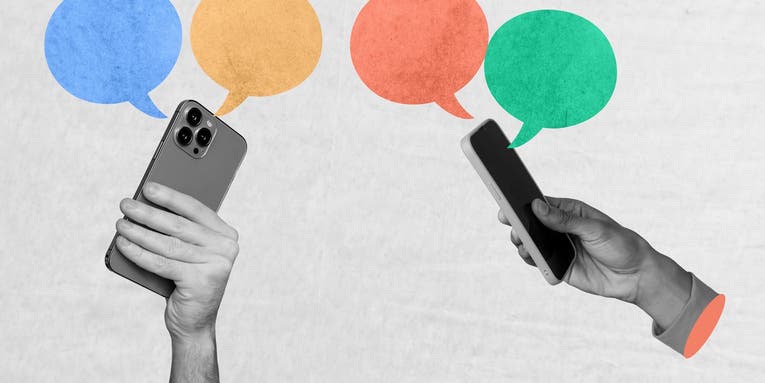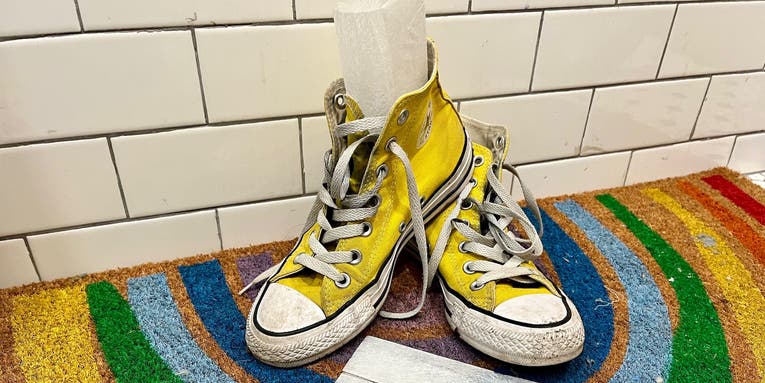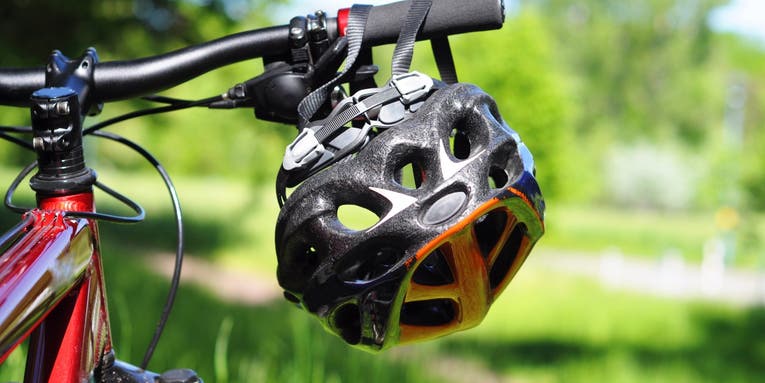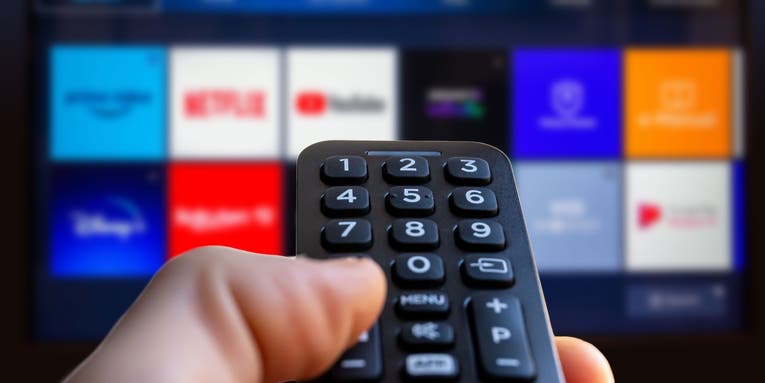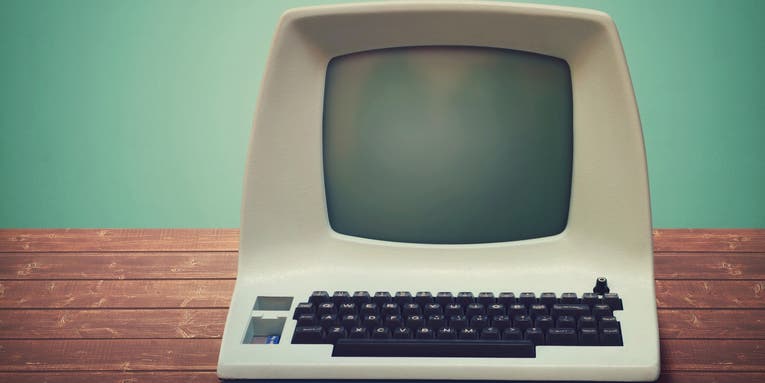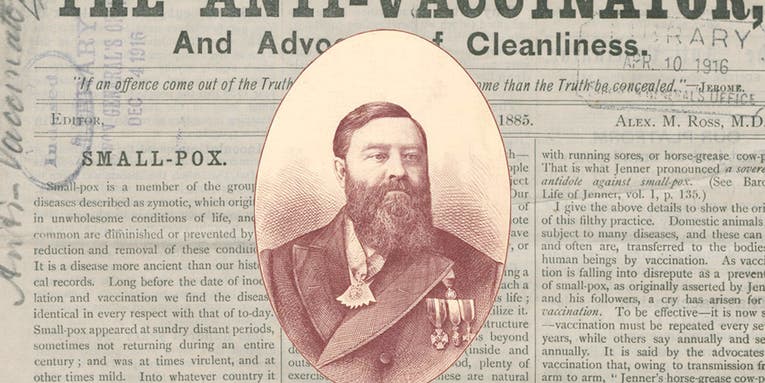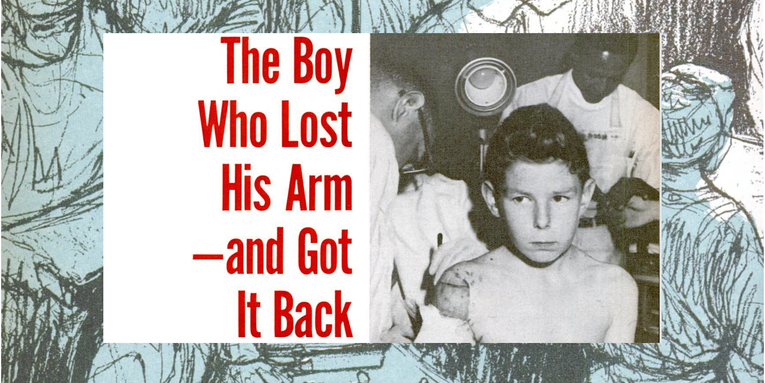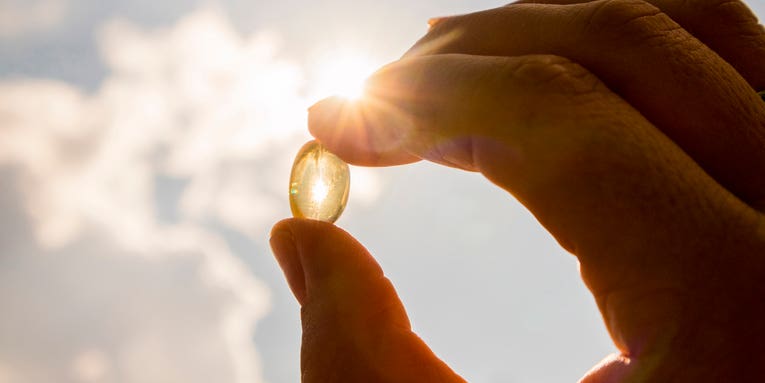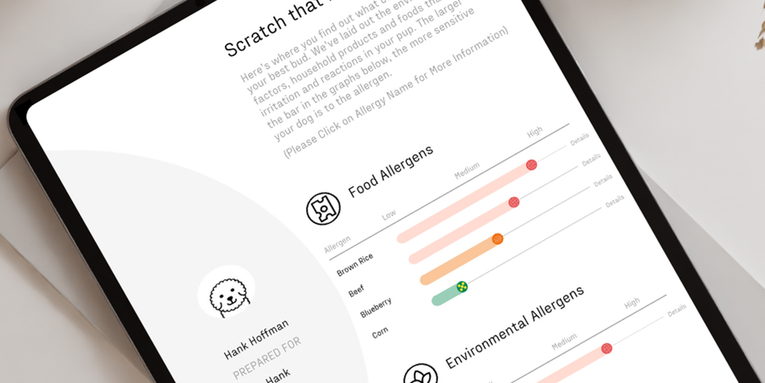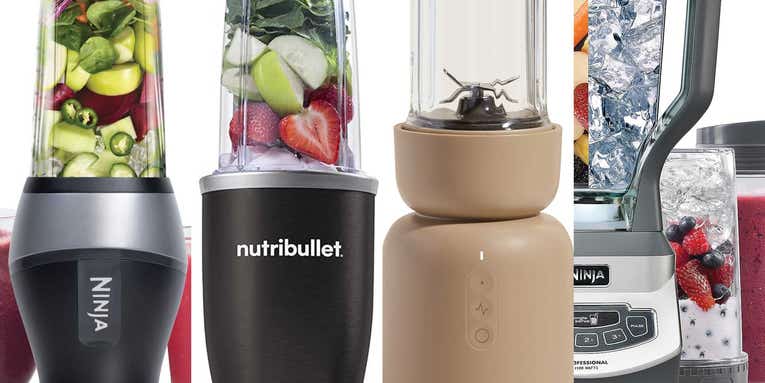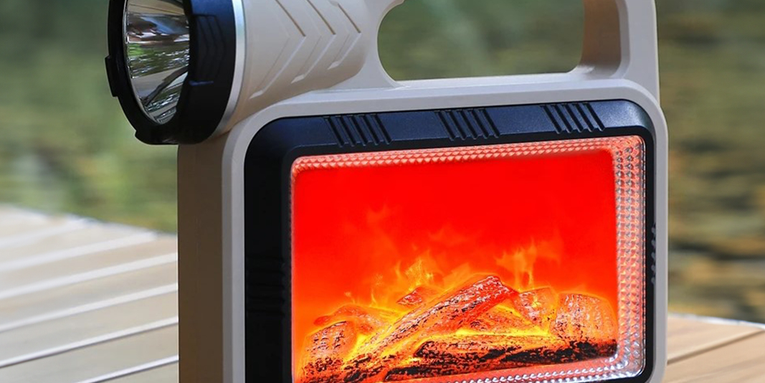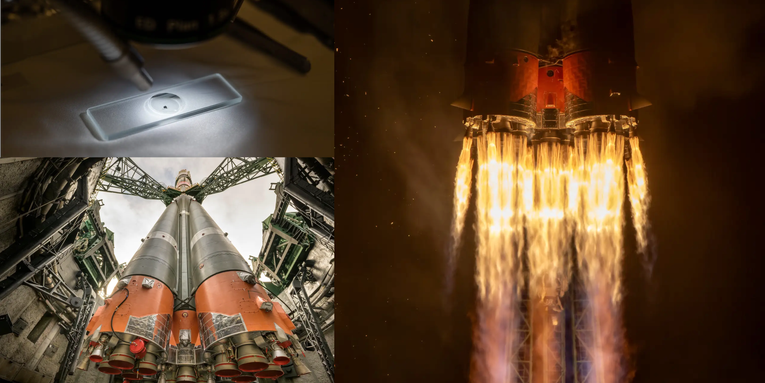
Science
Science spans our understanding of how Earth and the cosmos work. Get the biggest news on biology, physics, space, dinosaurs, and more—along with the latest episodes of the Ask Us Anything and Weirdest Thing podcasts.
- Announcements
- Archaeology
- Ask Us Anything
- Biology
- Evolution
- Dinosaurs
- Physics
- Particle Physics
- Science Fiction
- Space
- Deep Space
- Black Holes
- Exoplanets
- Space Telescope
- International Space Station
- NASA
- Private Space Flight
- Space X
- Solar System
- Mars
- Moons
- Pluto
- Sun
- The Weirdest Thing I Learned This Week
Latest Science Stories


A ‘bionic eye’ scan of an ancient, scorched scroll points to Plato’s long lost gravesite
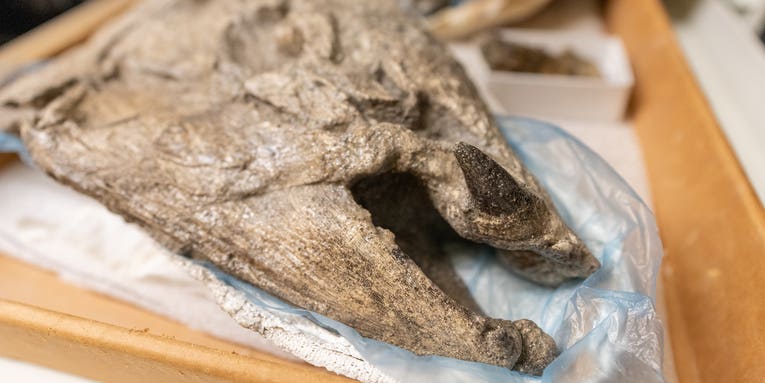
This 400-pound prehistoric salmon had tusks like a warthog

These birds help humans hunt for honey—but it’s not as sweet as you might think
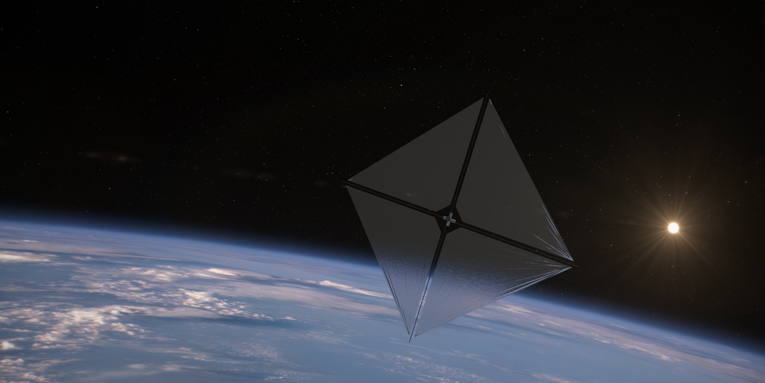
NASA will unfurl a 860-square-foot solar sail from within a microwave-sized cube
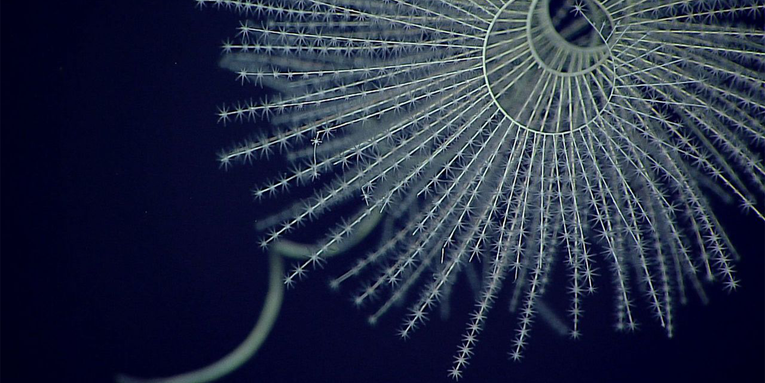
Bioluminescence may have evolved 300 million years earlier than scientists previously thought
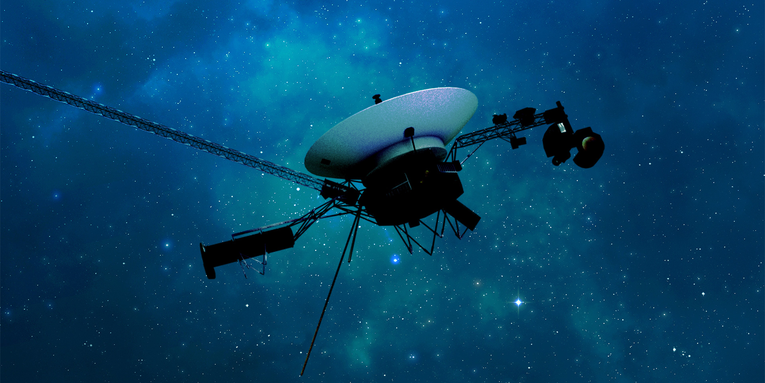
Greetings, Earth! NASA can understand Voyager 1 again

FAA now requires reentry license to prevent spacecraft getting stuck up there

Read the last letters by George Mallory, who died exploring Mt. Everest in 1924
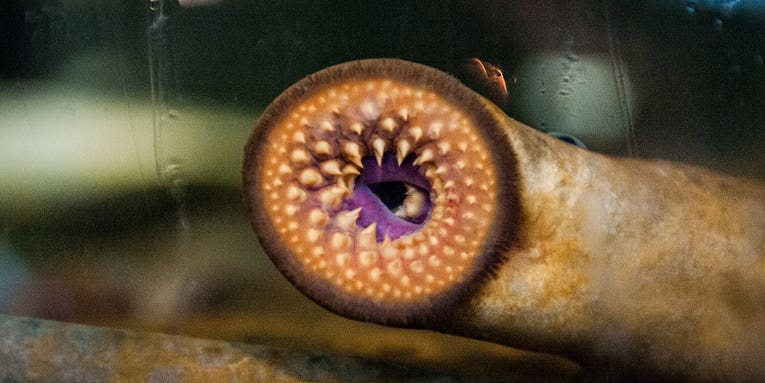
Lampreys offer clues to the origin of our fight-or-flight instinct
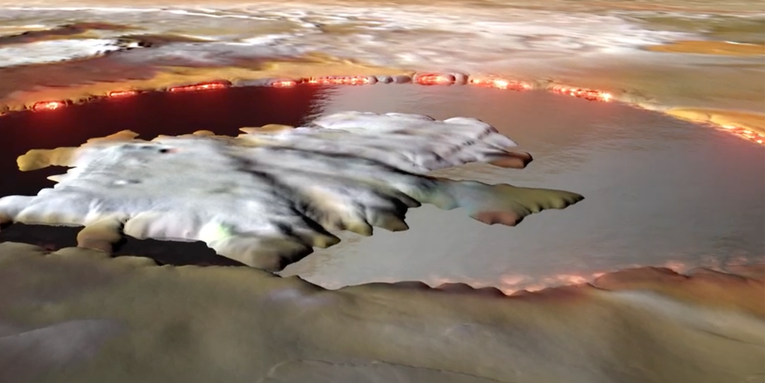
Smooth lava lake on Jupiter’s moon sizzles in NASA aerial animations
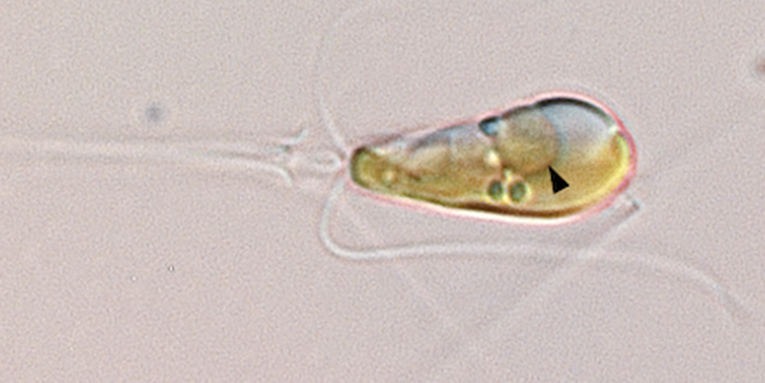
For the first time in one billion years, two lifeforms truly merged into one organism
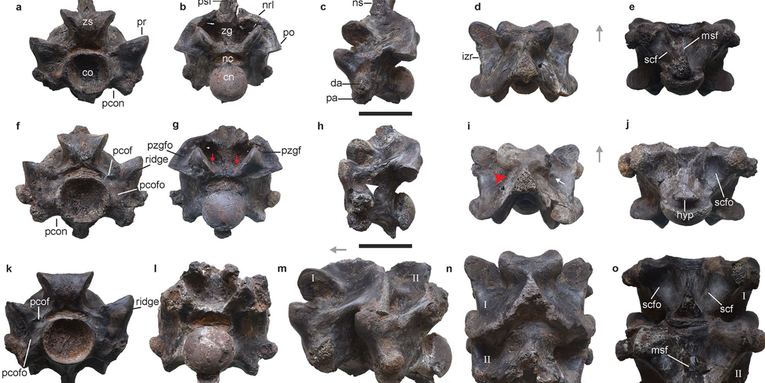
Enormous snake in ancient India was longer than a school bus
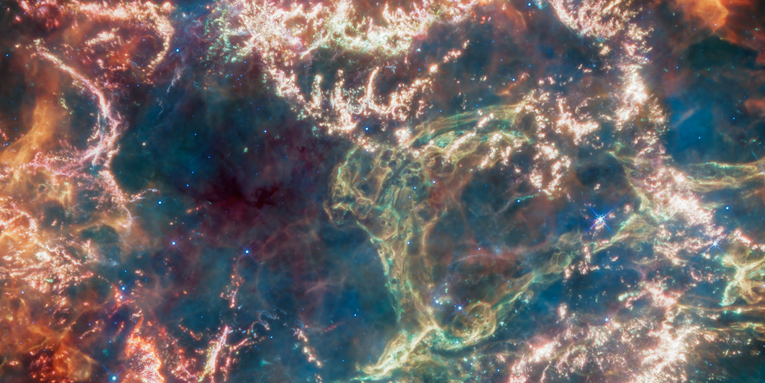
Where do all those colors in space telescope images come from?
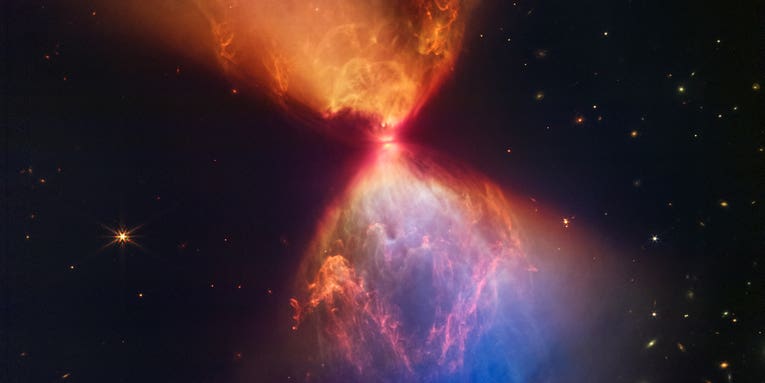
Plunge into an immersive IMAX movie featuring the James Webb Space Telescope
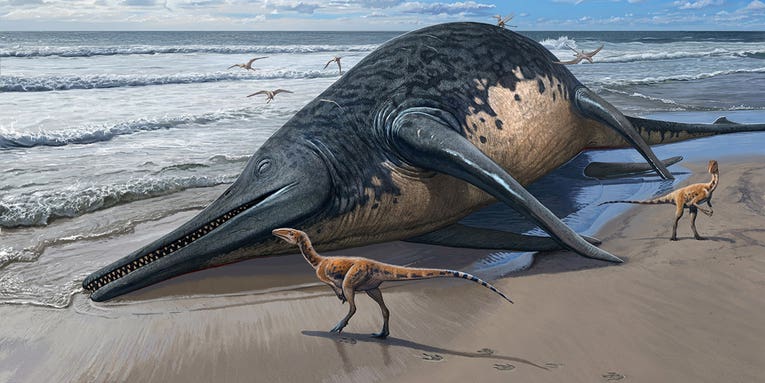
New species of extinct marine reptile found with help from 11-year-old child
Featured In Science
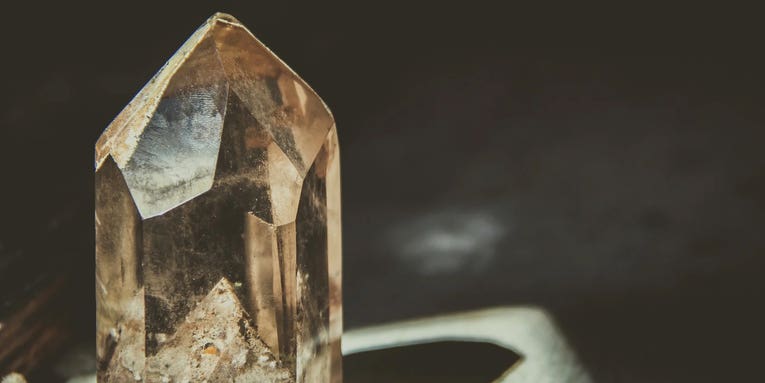
What the heck is a time crystal, and why are physicists obsessed with them?
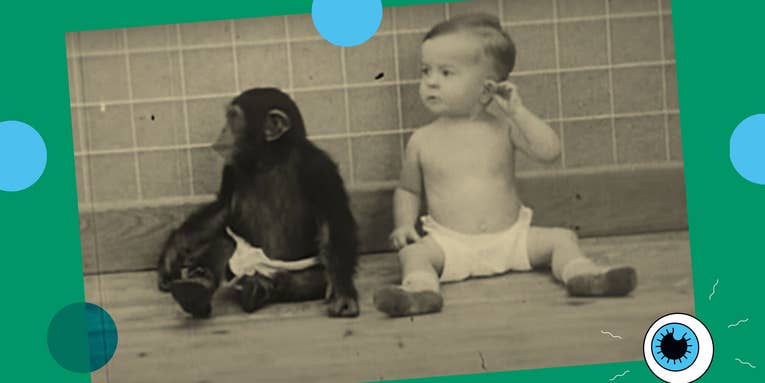
What scientists learned when they tried to raise a chimp with a human baby
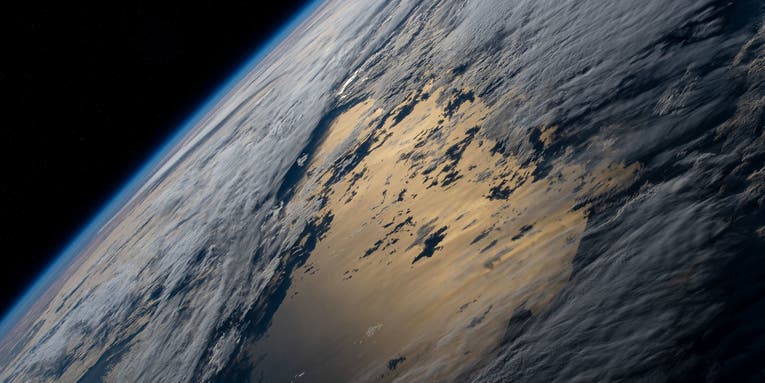
10 ways you can tell the Earth is round
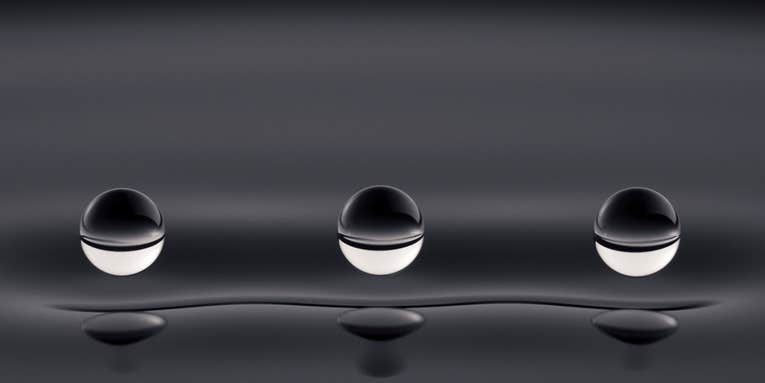
Physicists just gifted us ‘quantum spin liquid,’ a weird new state of matter
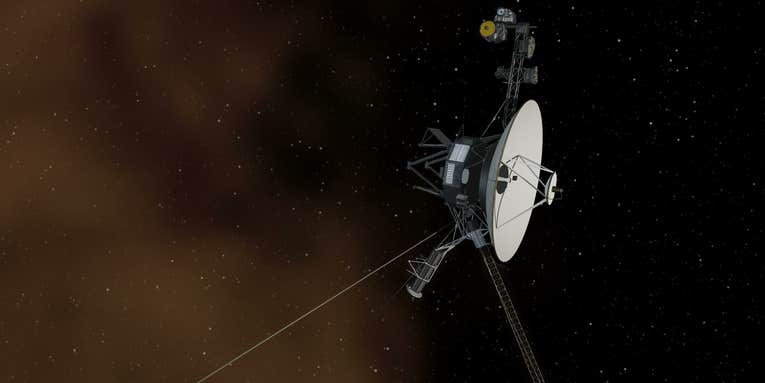
How the most distant object ever made by humans is spending its dying days

If that asteroid had been 30 seconds late, dinosaurs might rule the world and humans probably wouldn’t exist
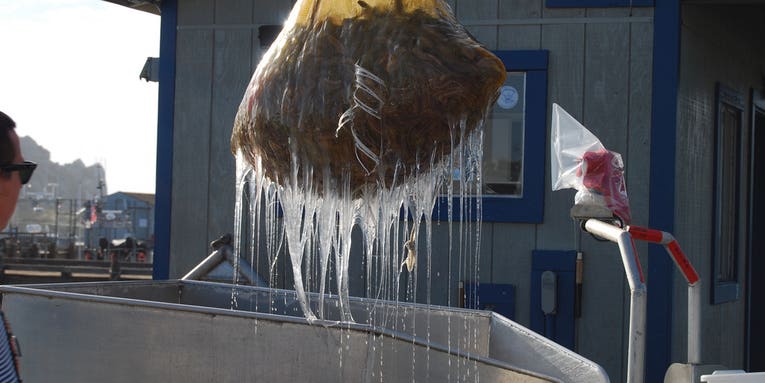
Here’s how hagfish slime gets 10,000 times bigger in 0.4 seconds
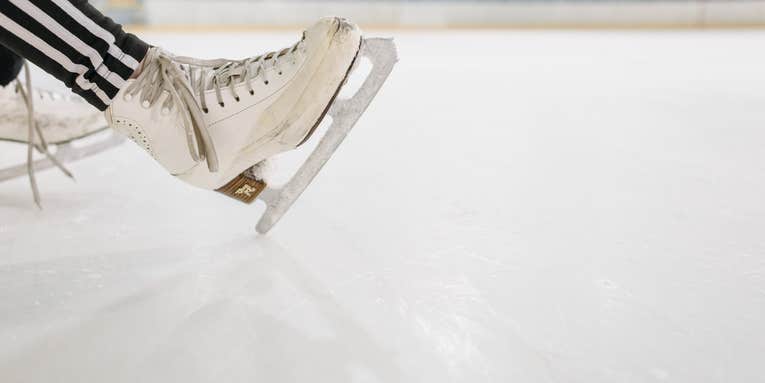
Why the quadruple axel jump is nearly impossible to land

Why everything eventually becomes a crab

Why the Soviet space shuttle was left to rot
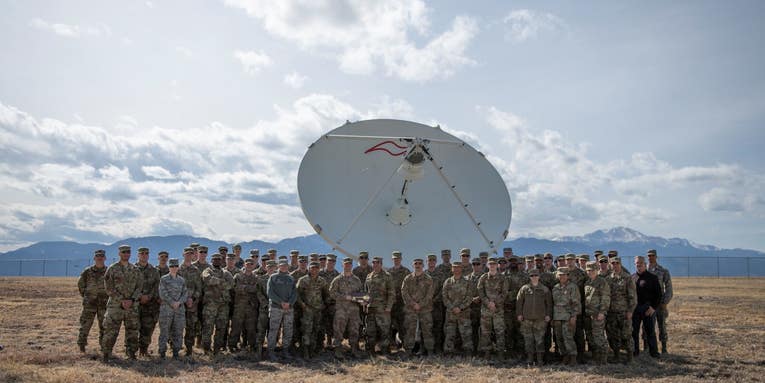
This space-based weapon remains in the dark—for now

What would happen if the Earth started to spin faster?
Explore Science
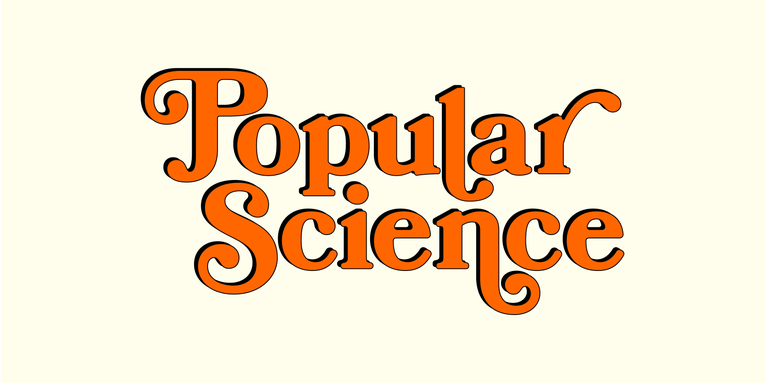
Big news: Popular Science is back on YouTube
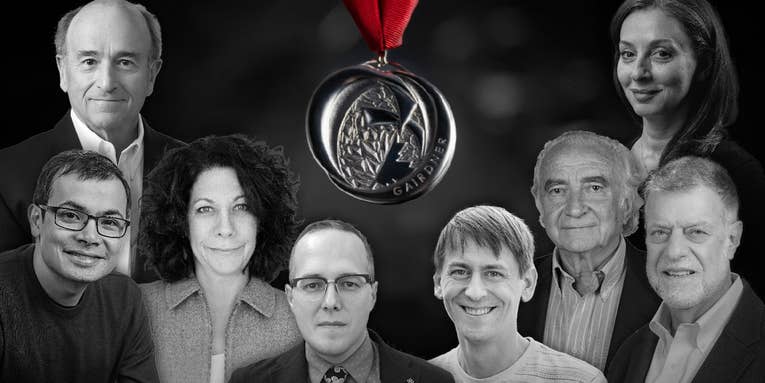
These eight scientists have changed the world with biomedical and global health research.

PopSci’s High Issue is for all the big dreamers out there

The Brilliant 10: The top up-and-coming minds in science

Nobel Prize in medicine awarded to scientist who sequenced Neanderthal genome

The Daredevil issue will thrill you to no end
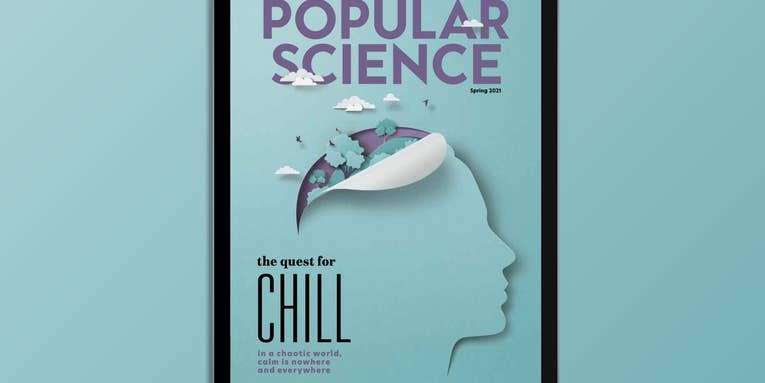
A step-by-step guide to accessing your Popular Science digital subscription

PopSci’s winter issue is ready for you to devour

The top sports and outdoor gear of 2021

9 game-changing home products of 2021

The hottest entertainment innovations of 2021

